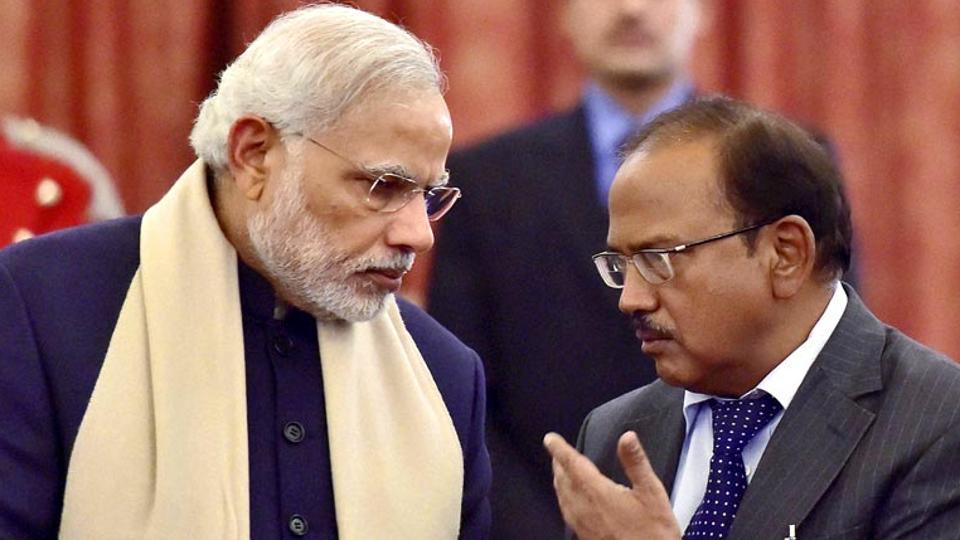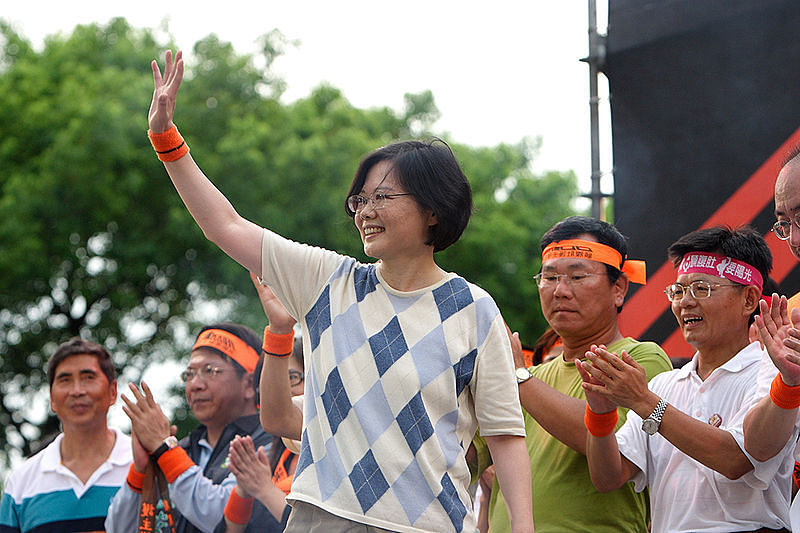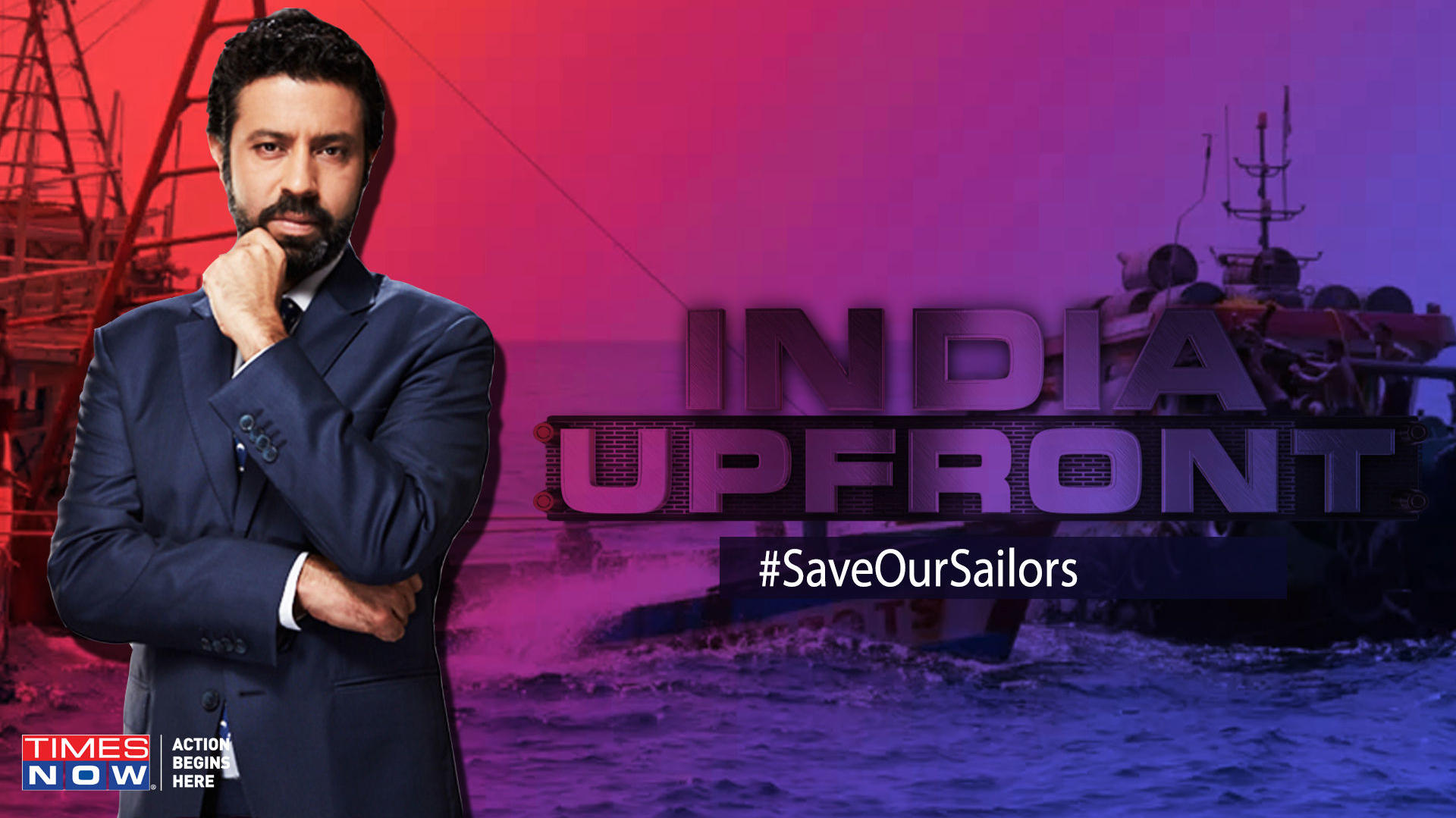- Joined
- Apr 29, 2015
- Messages
- 18,275
- Likes
- 56,172
India, China should boost military exchanges: Chinese defence minister
 A file picture from November 9, 2018, of Chinese State Councilor and Defense Minister General Wei Fenghe at the State Department in Washington.
A file picture from November 9, 2018, of Chinese State Councilor and Defense Minister General Wei Fenghe at the State Department in Washington.

BEIJING: India and China should boost military exchanges and improve mutual trust and properly manage and control any "disparities", Chinese State Councillor and Defence Minister Gen Wei Fenghe has said.
Defence Secretary Sanjay Mitra, who headed the Indian delegation at the ninth India-China Annual Defence and Security Dialogue here on November 13, called on Wei on Thursday.
At the dialogue, held over a year after the 73-day Doklam military standoff in the Sikkim sector, top defence officials of India and China agreed on the importance of maintaining peace in the border areas while implementing the consensus reached between Prime Minister Narendra Modi and President Xi Jinping at the Wuhan summit in April.
While meeting with Mitra, Wei said China and India see far more common interests than divergencies between each other, stressing that the two countries should boost military exchanges, improve mutual trust in the security field and properly manage and control any "disparities", state-run Xinhua news agency reported on Thursday.
Mitra said India's relationship with China is one of its most important bilateral relationships, the report said.
He hoped they will further develop relations between the two countries and two militaries.
At the dialogue, both sides agreed on enhancing defence exchanges and interactions at different levels between the two militaries, an Indian Embassy press release said here on Thursday.
The dialogue was held between the defence delegations headed by Mitra and Lt General Shao Yuanming, Deputy Chief of Joint Staff Department of the Central Military Commission.
At the talks, Mitra was accompanied by senior officials of the ministry of defence and the Indian Army, Navy and Air Force.
The defence dialogue was held ahead of the 21st round of border talks between the Special Representatives of the two countries in the Chinese city of Dujiangyan on November 23-24.
National Security Advisor Ajit Doval and Chinese State Councillor and Foreign Minister Wang Yi are the designated Special Representatives for the border talks.






